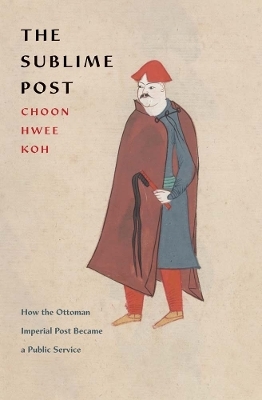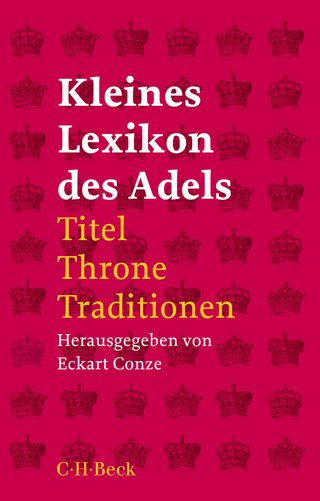
The Sublime Post
How the Ottoman Imperial Post Became a Public Service
Seiten
2024
Yale University Press (Verlag)
978-0-300-27053-2 (ISBN)
Yale University Press (Verlag)
978-0-300-27053-2 (ISBN)
- Noch nicht erschienen (ca. November 2024)
- Versandkostenfrei innerhalb Deutschlands
- Auch auf Rechnung
- Verfügbarkeit in der Filiale vor Ort prüfen
- Artikel merken
A history of the postal system that once connected the Ottoman Empire
Before the advent of steamships or the telegraph, the premier technology for long-distance communication was the horse-run relay system. Every empire had one—including the Ottoman Empire. In The Sublime Post, Choon Hwee Koh examines how the vast Ottoman postal system worked across three centuries by tracking the roles of eight small-scale actors—the Courier, the Tatar, Imperial Decrees, the Bookkeeper, the Postmaster, the Villager, Money, and the Horse. There are stories of price-gouging postmasters; of murdered couriers and their bereaved widows; of moonlighting officials transporting merchandise; of neighboring villages engaged in long-running feuds; of bookkeepers calculating the annual costs of horseshoes, halters, and hay; of Tatar couriers and British travelers sharing drunken nights at post stations; of swimming with horses across rivers; and of hiding from marauding bandits in the desert.
By weaving together chronicles, sharia court records, fiscal registers, collective petitions, appointment contracts, and imperial decrees from the Ottoman archive, this study of a large-scale communications infrastructure reveals the interdependence of an empire and its diverse imperial subjects. Koh traces this evolving interdependence between 1500 and 1840 to tell the history of the Ottoman Empire and its changing social order.
Before the advent of steamships or the telegraph, the premier technology for long-distance communication was the horse-run relay system. Every empire had one—including the Ottoman Empire. In The Sublime Post, Choon Hwee Koh examines how the vast Ottoman postal system worked across three centuries by tracking the roles of eight small-scale actors—the Courier, the Tatar, Imperial Decrees, the Bookkeeper, the Postmaster, the Villager, Money, and the Horse. There are stories of price-gouging postmasters; of murdered couriers and their bereaved widows; of moonlighting officials transporting merchandise; of neighboring villages engaged in long-running feuds; of bookkeepers calculating the annual costs of horseshoes, halters, and hay; of Tatar couriers and British travelers sharing drunken nights at post stations; of swimming with horses across rivers; and of hiding from marauding bandits in the desert.
By weaving together chronicles, sharia court records, fiscal registers, collective petitions, appointment contracts, and imperial decrees from the Ottoman archive, this study of a large-scale communications infrastructure reveals the interdependence of an empire and its diverse imperial subjects. Koh traces this evolving interdependence between 1500 and 1840 to tell the history of the Ottoman Empire and its changing social order.
Choon Hwee Koh is assistant professor of history at UCLA. Born and raised in Singapore, she has lived and studied in Lebanon, Iran, India, and Türkiye.
| Erscheint lt. Verlag | 26.11.2024 |
|---|---|
| Zusatzinfo | 25 b-w illus. |
| Sprache | englisch |
| Maße | 156 x 235 mm |
| Themenwelt | Geisteswissenschaften ► Geschichte ► Regional- / Ländergeschichte |
| Geschichte ► Teilgebiete der Geschichte ► Kulturgeschichte | |
| ISBN-10 | 0-300-27053-4 / 0300270534 |
| ISBN-13 | 978-0-300-27053-2 / 9780300270532 |
| Zustand | Neuware |
| Haben Sie eine Frage zum Produkt? |
Mehr entdecken
aus dem Bereich
aus dem Bereich
der stille Abschied vom bäuerlichen Leben in Deutschland
Buch | Hardcover (2023)
C.H.Beck (Verlag)
23,00 €
eine Geschichte der Welt in 99 Obsessionen
Buch | Hardcover (2023)
Klett-Cotta (Verlag)
22,00 €
Titel, Throne, Traditionen
Buch | Softcover (2023)
C.H.Beck (Verlag)
19,95 €


